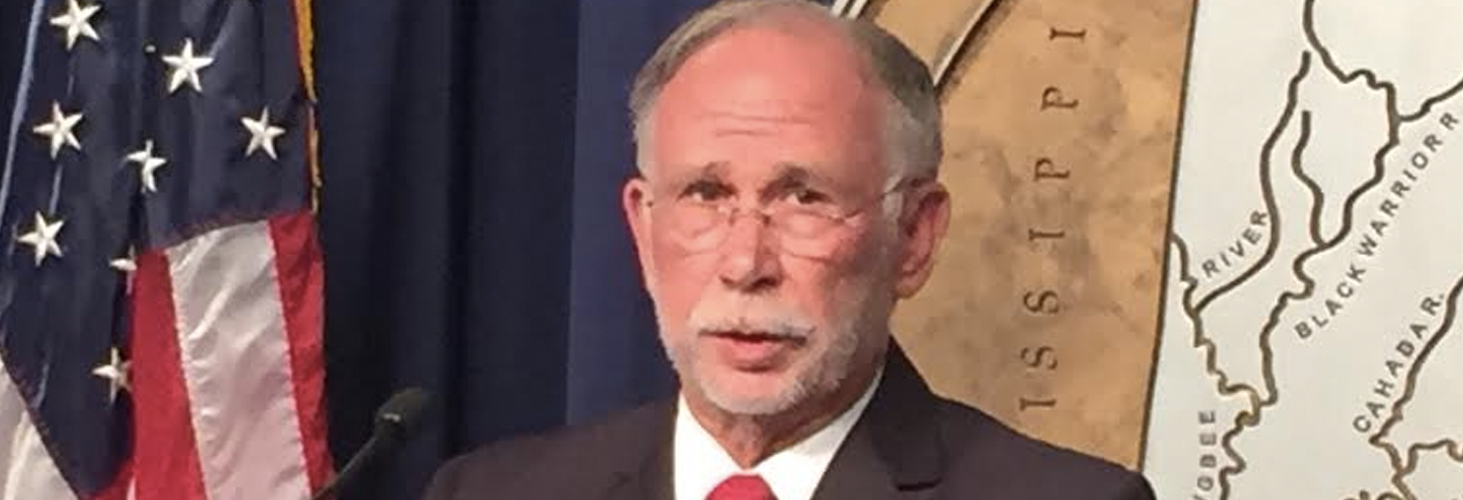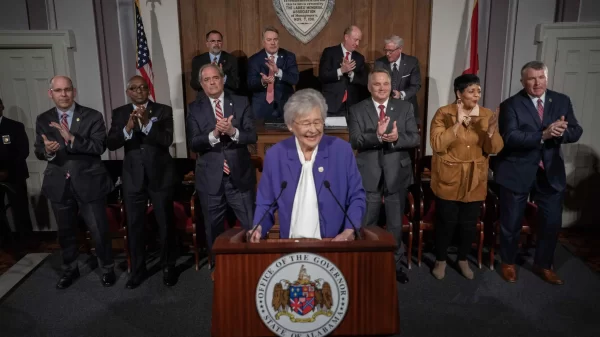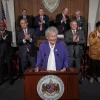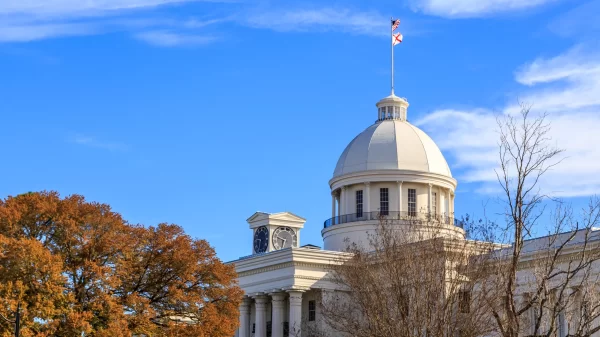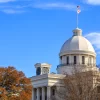By Senator Jim McClendon
Let me start by clarifying I am married to only one thing in life – my beautiful wife, El. My relationship with her is nonnegotiable. “Until death do us part” is a promise between us, not just a sweet thing to say during a wedding.
I understand this is an odd way to start an editorial about the lottery. However, it is necessary because I am not married to one lottery proposal over the other considering I’m sponsoring two, including the Governor’s.
The people of my district and hundreds of thousands of other Alabamians are clamoring for the right to vote on a lottery. Some are for; some are against. But everyone I talk to agrees that we at least need to put the lottery to an up or down vote of the people.
So let’s get into the meat of the lottery proposal I presented at a press conference on Tuesday along with some necessary myth busting.
First, I have no qualms with anyone over a moral objection to gambling. Vote “no” and take people to the polls with you to do the same. In the meantime, answer this: Are you going to provide free clinics for sick underprivileged children? Will you do in Alabama what you do on mission trips to other states and countries?
Incidentally, I have never purchased a lottery ticket. I did buy a raffle ticket at my church last Sunday. I am not supporting or opposing a lottery because of moral reasons. To me, this is simply creating an opportunity for the people Alabama, not the legislature, to have the final say.
Second, a lottery will not bring Class III gaming (table games) to our state. Speaking of the Poarch Creek Indians, I have already been forewarned they opposed lottery terminals. I would like to point out their children enjoy premium healthcare covered by the profits of their gaming machines. That is admirable, and they should support my effort to extend the same courtesy to more than half a million other Alabama children.
Now let’s talk about the Governor’s bill and my bill. During the regular session, I introduced a simple 31-word bill to begin the conversation in earnest. It obviously didn’t become law, but the conversations it started in the legislature resulted in the bill I will introduce at the beginning of the special session.
Both bills create a statewide lottery and a lottery commission. Neither will affect charitable bingo or allow casinos. My proposal will allow electronic lottery terminals in counties that have local constitutional amendments already allowing parimutuel wagering.
The Governor’s proposal only generates $225 million and sends 100 percent of it to the General Fund Budget. In contrast, my concept generates $427 million every year and divides the revenue by sending $327 million to the General Fund and $100 million to the Education Trust Fund. Because of the lottery terminals, my proposal will also start generating revenue in only a matter of months, not years. Finally, I included a bond issue against future lottery revenues in order to cover the $85 million Medicaid shortfall this fiscal year.
It is now up to the legislative process during the upcoming special session to determine which proposal – the Governor’s, mine, or someone else’s – should go before the voters in November. Come August 24th, which is the cutoff for placing a constitutional amendment on the general election ballot, it is my hope my colleagues in the Alabama Senate and Alabama House give voters the right to vote on the lottery.
Think about which one best provides for both the short-term fix and the long-term solution. Consider the impact on you and your family if we cannot fund Medicaid, the foundation of Alabama’s healthcare system.
Call your legislators today, and tell them to let you vote “yes” or “no” on a lottery.
Senator Jim McClendon represents District 11 in the Alabama Senate, which includes all or parts of Talladega, St. Clair, and Shelby counties. You can reach his Senate office at 334-242-7898 or email him at jimmcc@windstream.net




































